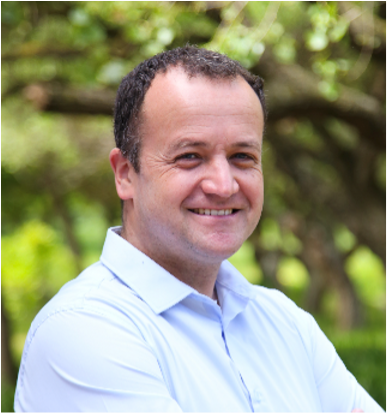Leveraging data science for sustainable marketing.

Nedbank present an interesting masterclass on leveraging data science for sustainable marketing. This masterclass shared insights on how data science can boost marketing strategies. She began by sharing an interesting story about how the tobacco industry used data and marketing back in the 1920s, showing how closely connected these fields have been for a long time. She stressed the importance of data in marketing, referencing W. Edwards Deming’s famous quote, “In God we trust, all others must bring data.”
During her talk, she introduced key data models that are essential for marketing, such as customer segmentation, sentiment analysis, and lead targeting. She explained that while customer segmentation is a basic concept, it becomes truly powerful when combined with business metrics and continuously refined. Sentiment analysis helps marketers understand how customers feel and address any concerns, while lead targeting and scoring allow them to focus on high-quality leads and improve their strategies.
She concluded the masterclass by encouraging marketers to explore data science and its tools, noting that you don’t need to be a data scientist to use data effectively. By embracing data science, marketers can enhance their strategies, leading to better engagement, conversion, and customer retention. This masterclass offered valuable tips for marketers looking to stay ahead in the industry.

On the 25th of August 2024, the last masterclass online session took place and ended #MarketingFit on a very high note. This masterclass was presented by Dr James Lappeman, the Head of Projects at the University of Cape Town’s Liberty Institute of Strategic Marketing. Dr Lappeman shared his insights on the dynamic shifts in consumption within the realms of sustainability and marketing. Dr Lappeman’s masterclass provided practical examples and sustainable marketing debates that could be linked to various demographics such as income and age. This revealed that sustainability is so complex that most of us don’t have enough information to really know what is going on, that there’s a lot more to it than just aiming for net zero carbon emissions. Dr Lappeman removed the smokescreens and challenged the participants to think about whether brands really need purposes. Indeed, “companies should do good because it’s the right thing to do, and not just because it makes business sense”. Thank you, Dr Lappeman, for sharing your expertise on this controversial yet important topic!
